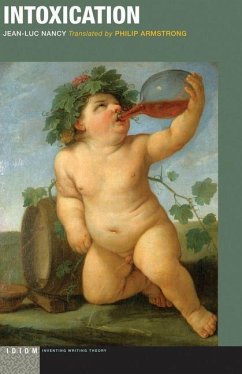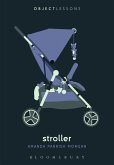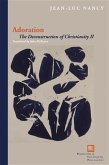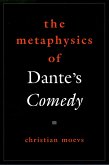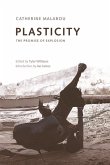From PlatoGCOs Symposium to HegelGCOs truth as a GCGBPBacchanalian revel,GC from the Bacchae of Euripedes to Nietzsche, philosophy holds a deeply ambivalent relation to the pleasures of intoxication. At the same time, from Baudelaire to Lowry, from Proust to Dostoyevsky, literature and poetry are also haunted by scenes of intoxication, as if philosophy and literature share a theme that announces and navigates their proximities and differences. For Nancy, intoxication constitutes an excess that both fascinates and questions philosophyGs sober ambitions for appropriate forms of philosophical behavior and conceptual lucidity. At the same time, intoxication displaces a number of established dualitiesGreason and passion, mind and body, rationality and desire, rigor and excess, clarity and confusion, logic and eros. Taking its point of departure from BaudelaireGs categorical imperative to understand modernityGGbe drunk alwaysGGNancyGs little book is composed in fragments, quotations, drunken asides, and inebriated repetitions. His contemporary GbanquetG addresses a range of related themes, including the role of alcohol and intoxication in rituals, myths, divine sacrifice, and religious symbolism, all those toasts to the sacred GspiritsG involving libations and different forms of speech and enunciationGto the gods, to modernity, to the Absolute. Affecting both mind and body, NancyGs subject becomes intoxicated: Ego sum, ego existo ebriusGI am, I existGdrunk.
Dieser Download kann aus rechtlichen Gründen nur mit Rechnungsadresse in A, B, BG, CY, CZ, D, DK, EW, E, FIN, F, GR, HR, H, IRL, I, LT, L, LR, M, NL, PL, P, R, S, SLO, SK ausgeliefert werden.

